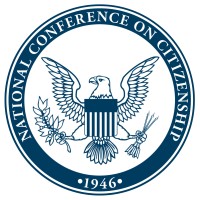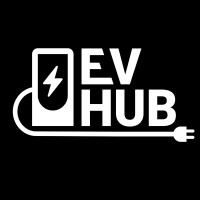
National Conference on Citizenship (NCoC)
The National Conference on Citizenship (NCoC) is dedicated to strengthening civic life in America. We pursue our mission through a nationwide network of partners involved in a cutting-edge civic health initiative, our cross-sector conferences and engagement with a broad spectrum of individuals and organizations interested in utilizing civic engagement principles and practices to enhance their work. Connecting people for the purpose of strengthening civic life is our goal. At the core of our joint efforts is the belief that every person has the ability to help their community and country thrive. Civic Health Index (CHI) is at the center of our work. We think of “civic health” as the way that communities are organized to define and address public problems. Communities with strong indicators of civic health have higher employment rates, stronger schools, better physical health, and more responsive governments. For the past 10 years NCoC, together with the Corporation for National and Community Service and state and community level collaborative networks across the nation, has documented the state of civic life in America in city, state and national Civic Health Index (CHI) reports. Established in 1946, NCoC was chartered by Congress in 1953 to harness the patriotic energy and civic involvement surrounding World War II. Since 1953, the mission has been recognized by Congress as unique and in the public interest. In 2016, there were approximately 1.8 million nonprofits in America. Of that number, fewer than 100 are chartered by Congress. The Annual Conference on Citizenship is NCoC’s signature event. Held in proximity to Citizenship Day (also known as Constitution Day), NCoC convenes leaders in the field of civic engagement along with other individuals and organizations interested in utilizing civic engagement principles and practices to enhance their work. Connecting people for the purpose of strengthening civic life is the goal.






